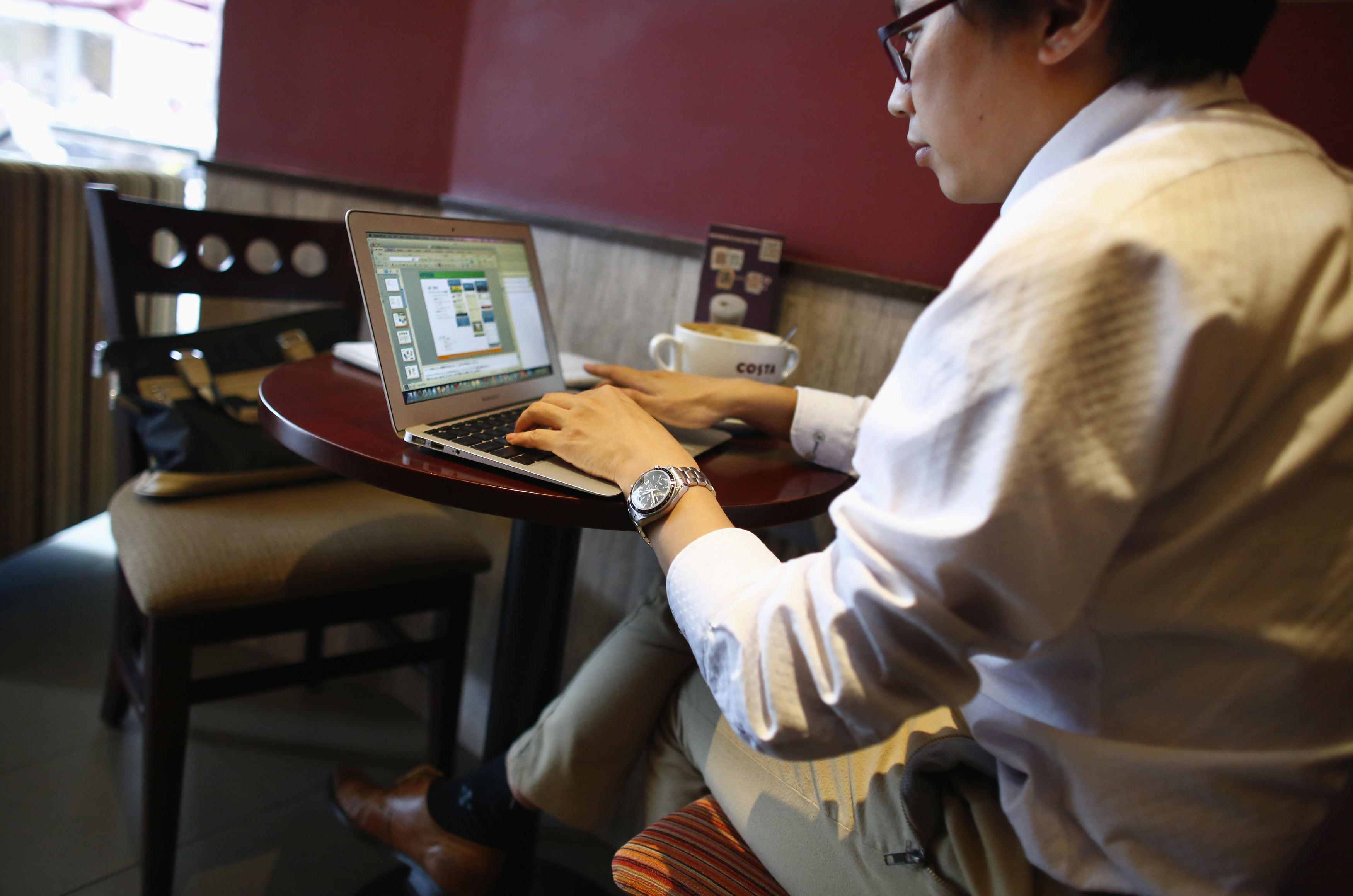Netizens are citizens who use the Internet to participate in political society (for example, exchanging views, providing information, and voting). The term could also describe an Internet user who is trying to contribute to the Internet’s use and growth. The Internet is a powerful communications medium which offers possibilities for social change. It also has its own culture and its own special issues, including who can access it. Netizens therefore have a responsibility to ensure that it is used constructively.
At the same time it must encourage free speech and open access. Netizens can use the Internet to offer and receive opinions; provide information, thereby making the Internet an intellectual and a social resource. A netizen can be any user of the forums of the Internet. The word ‘Netizen’ was coined by Michael Hauben.
Netizens use the networks from homes, offices, schools, colleges etc. Netizens facilitate the Internet’s use and growth. Netizens are literally citizens of the internet which is basically a tool for communication. The web gives people the freedom to create web sites where they can express themselves to millions of perfect strangers.
ADVERTISEMENTS:
A netizen uses the Internet to communicate but he also goes beyond mere communication. He becomes involved and actively contributes to Internet discussions and causes which further his own area of interest. Even old people have joined the league of netizens to keep in touch with their grandchildren, to bank, invest, search for networking opportunities, research alternative therapies, etc.
China has the largest number of netizens in the world and even celebrates Netizens Day which falls on September 14, the day the first email message was sent from China in 1987. In India there are more than 50 million netizens. Around 35 million access the net at least once in a month. Indian netizens are the world’s third biggest online shoppers, says a study.
